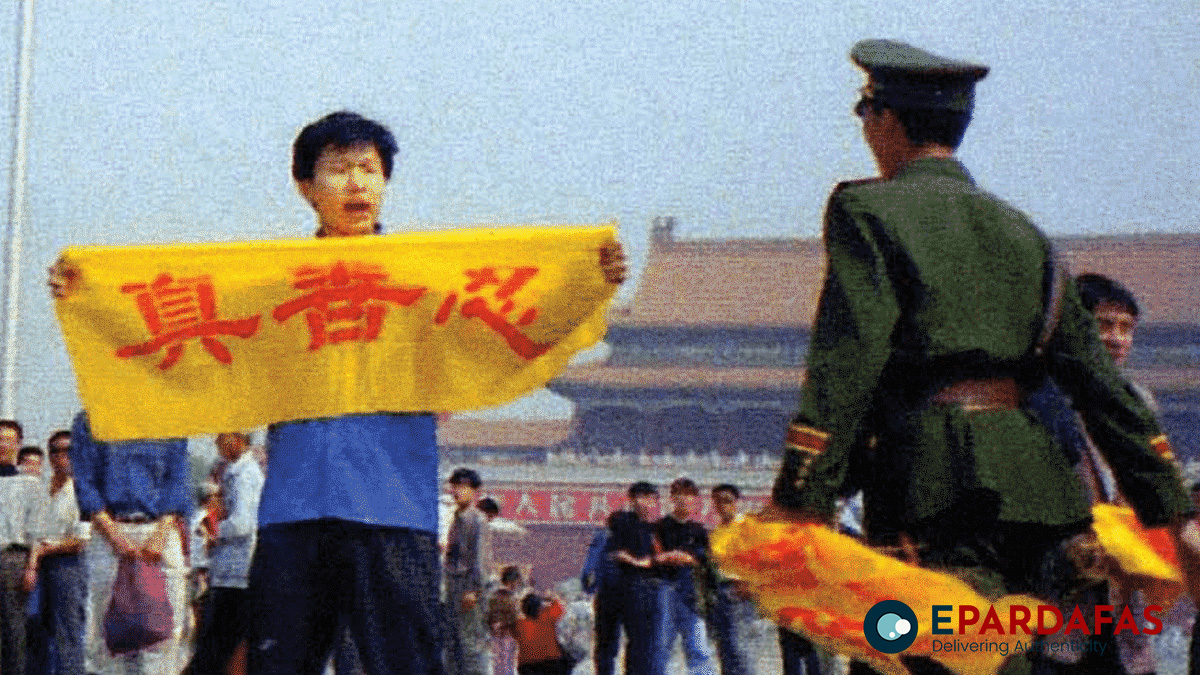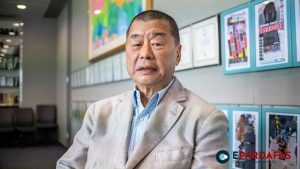
Persecution of Falun Gong in China Persists, Thousands Detained and Tortured in 2024

Over 25 years after China’s ban on the Falun Gong spiritual movement, reports indicate the Chinese Communist Party’s (CCP) persecution against the group continues intensely. This year alone, almost 5,000 Falun Gong adherents have reportedly faced detention and torture, with close to a thousand jailed and at least 117 deaths attributed to maltreatment, according to Minghui.org, a U.S.-based site documenting these abuses.
In a recent report, Italian human rights publication Bitter Winter highlighted instances of severe mistreatment of Falun Gong practitioners in Chinese prisons, such as the case of Sun Wentian and Guo Changsuo, who were sentenced to over seven years each for possessing Falun Gong literature. The magazine notes that sentences like these have become alarmingly common, often met with global indifference.
Continued Arrests and Notable Cases
Among recent cases, Minghui reported the imprisonment of Ma Zufu, a former teacher in Gansu Province, who was arrested in July and sentenced to 18 months for his beliefs. Shortly after his November transfer to Lanzhou Prison, Ma’s health deteriorated due to reported mistreatment during his detention. Similarly, 80-year-old Zhao Ying from Guangdong Province received a three-and-a-half-year sentence after being tried in September for distributing Falun Gong pamphlets, an act now criminalized under CCP law.
One of the most severe cases involves Fan Wenfang, a former obstetrician from Anhui Province. Fan, 70, has endured decades of torture, arbitrary detention, and forced labor for refusing to renounce Falun Gong. Over the years, she has been subjected to violent abuse, including forced feeding, “death bed” restraints, and deprivation of food, leaving her malnourished and unable to walk. Fan’s current prison sentence began in July 2022, with her health reportedly in critical decline as a result of further abuses.
Historical Context of Falun Gong Persecution
Falun Gong, also known as Falun Dafa, is a practice blending meditation with teachings focused on truth, compassion, and tolerance. Its popularity surged in the 1990s, leading the CCP under Jiang Zemin to ban the practice in 1999, viewing it as a threat to its rule. The subsequent crackdown initiated mass arrests, detentions, and reports of widespread human rights abuses against Falun Gong adherents.
Former Chinese human rights lawyer Wu Shaoping, now in the U.S., criticized the CCP’s continued persecution. He emphasized that, despite their treatment, Falun Gong practitioners “are a beacon of integrity,” adding that, amid a challenging social environment, “they have not succumbed to the surrounding moral breakdown.”
The plight of practitioners like Fan Wenfang serves as a stark reminder of the ongoing severity of the CCP’s campaign against Falun Gong, which observers describe as an effort to silence those who resist the party’s dominance over spiritual and cultural life.












Comments